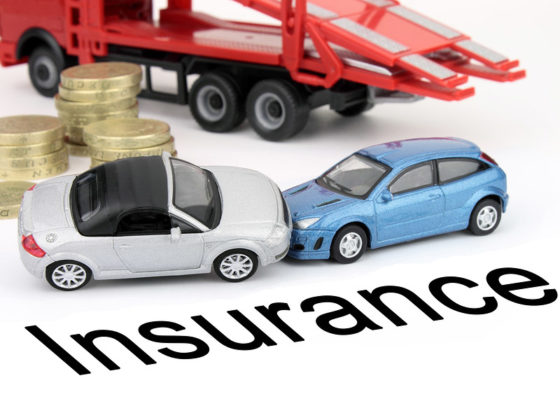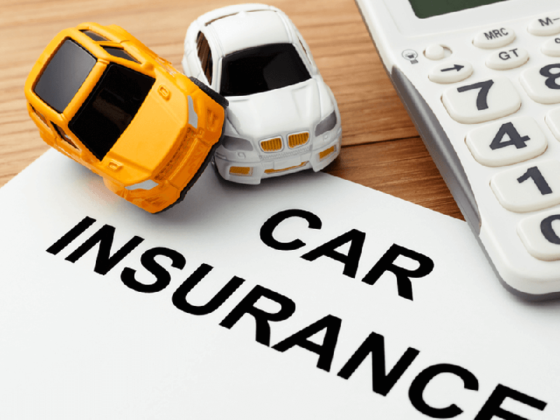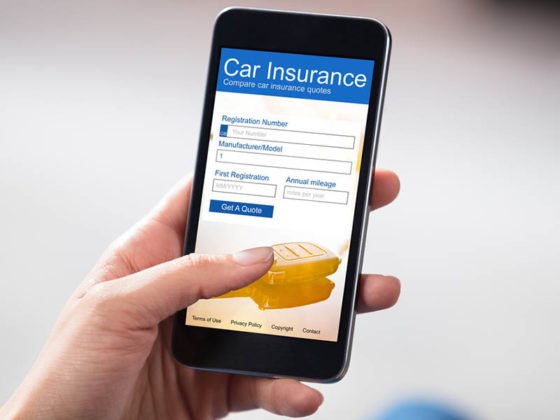There have been hundreds of front page headlines over the apparent failure of Toyota to deal with what is called sudden acceleration syndrome. This is where you are just sitting in your vehicle with the engine running or driving it on the road and, without warning, it suddenly accelerates. If you believe the stories, we have had people unable to stop on the highways even with helpful emergency services telling the drivers to switch off the engine. It seems some drivers are really determined to experience uncontrolled acceleration, and their experiences may make it more likely driver error is one of the main causes of the syndrome. Indeed, if you listen to the manufacturers, they all sing the same tune. With the accelerator and brake being next to each other, it’s easy for the driver to make a mistake and press the wrong pedal. In reality, the syndrome has affected almost every make of vehicle on the road over the last ten years. It was because of the scale of the problem that manufacturers introduced the shift interlock system which makes it impossible to engage drive unless you have your foot on the brake.
Let’s put Toyota’s problems in context. Every major manufacturer has had recalls with problems affecting driver and passenger safety. The air bags in the Acura MDX were defective, and a plague of electrical problems affected the headlights in the Ford Focus. One of the reasons why Toyota has attracted more attention than the others this year is a type of protectionism. You attack the safety record of foreign importers to boost the sales of locally produced vehicles. Taking the statistics overall, Toyota actually has a better safety record than most other manufacturers, i.e. fewer people are injured per mile driven. With virtually every make and model recalled, the manufacturers show they are paying attention. Your safety is important to them. But what happens to your insurance premium if your vehicle is recalled?
Insurance companies find any excuse to raise their premiums but it’s very unusual for rates to rise following a recall. That would be penalizing you for the manufacturer’s design defects, and most states have regulations in place to prevent increases solely based on a recall. If you think you have been victimized in this way, report the facts to your local Department of Insurance. Should you prefer to change insurers, make sure you follow the terms and conditions for cancelling the policy. Many insurers impose penalties for early cancellation.
One word of warning — do not ignore a recall notice. Auto insurance companies like to find reasons to avoid paying out on claims. If you do not have your vehicle repaired and the defect causes an accident, that will be your fault and your claim will be reduced or refused. Even if there is no accident, the insurer can impose a surcharge or refuse to renew the insurance. It would be good if auto insurance companies always showed themselves in the best possible light. Unfortunately, the drive to make the maximum profit often makes them seem vicious and cold-hearted. There is no compassion in business. So always approach insurance like every other service. Shop around to find the best make and model of vehicle — one that does well in crash tests and is not popular with thieves. Then get auto insurance quotes from as many companies as possible and find the best deal. Rest assured. Recalls are the least of your problems and do not affect the premium rate over the short term.




